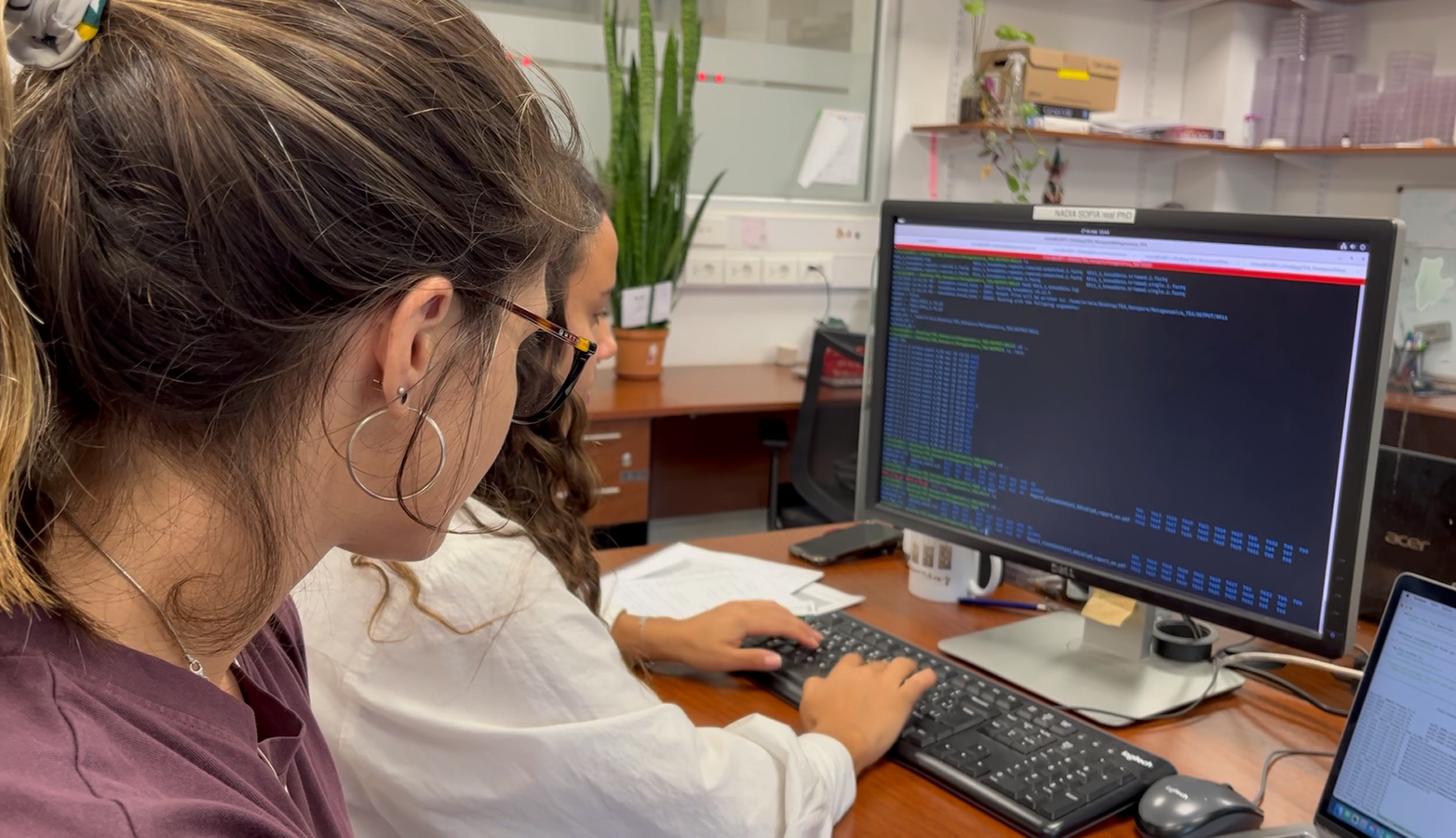The community of bacteria present in the intestines of children with autism differs from that of children without the condition, according to a study conducted by the Institut Pasteur de Montevideo, in collaboration with the School of Nutrition at the University of the Republic (Udelar) and the Pereira Rossell Hospital Center.
Based on a sample of 50 Uruguayan children, the study offers a preliminary look into whether differences in gut microbiota—the community of bacteria and other microorganisms that naturally inhabit each person’s digestive system—could be a factor in treating or improving the quality of life for individuals with autism.
This link between gut microbiota and autism has been observed in international studies, and it’s well known that people with autism often experience gastrointestinal issues. For this reason, scientific teams around the world are working to better understand the role of bacteria and other microbiota components in autism.
The community of bacteria present in the intestines of children with autism differs from that of children without the condition, according to a study conducted by the Institut Pasteur de Montevideo, in collaboration with the School of Nutrition at the University of the Republic (Udelar) and the Pereira Rossell Hospital Center.
Based on a sample of 50 Uruguayan children, the study offers a preliminary look into whether differences in gut microbiota—the community of bacteria and other microorganisms that naturally inhabit each person’s digestive system—could be a factor in treating or improving the quality of life for individuals with autism.
This link between gut microbiota and autism has been observed in international studies, and it’s well known that people with autism often experience gastrointestinal issues. For this reason, scientific teams around the world are working to better understand the role of bacteria and other microbiota components in autism.


